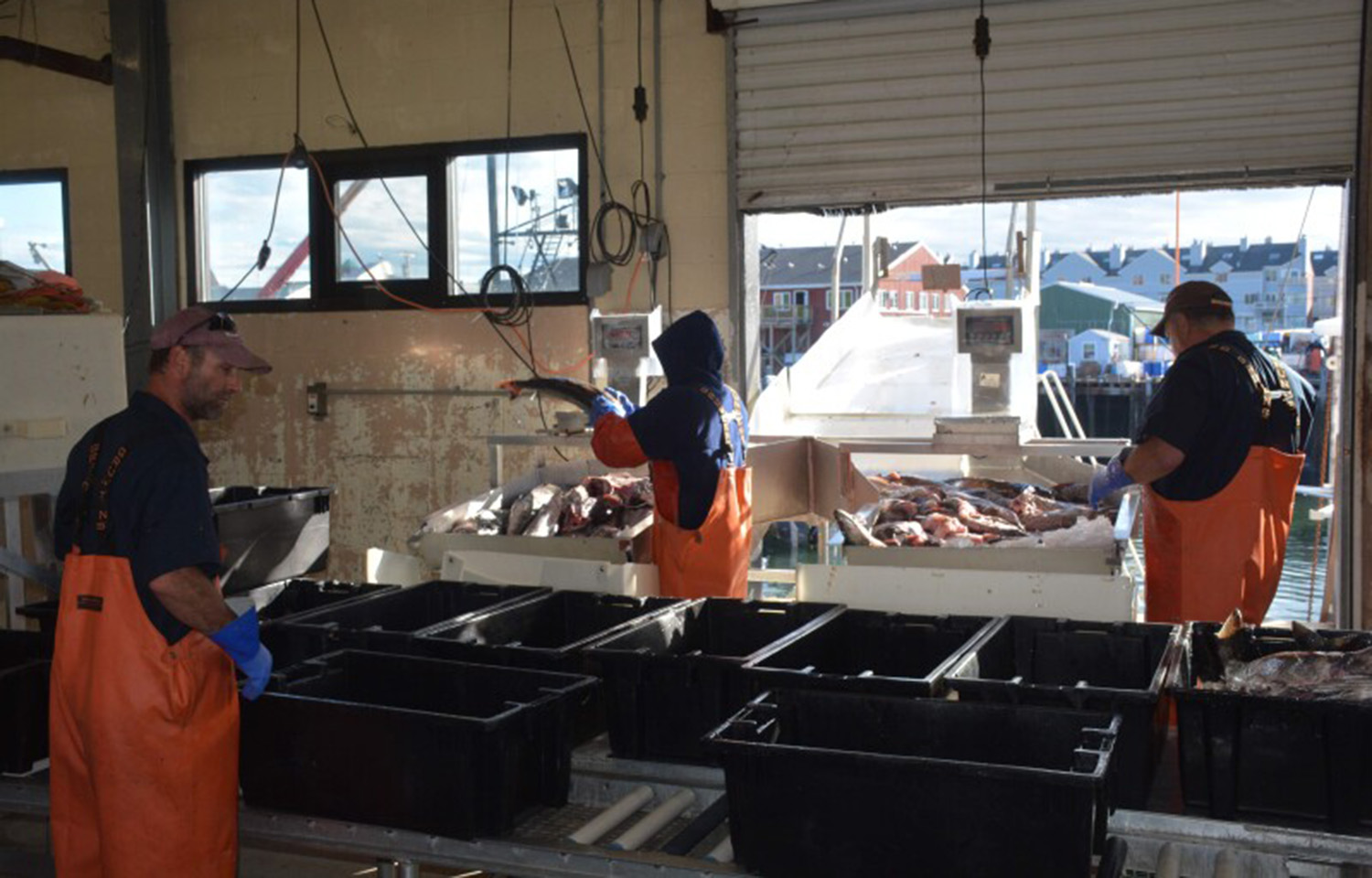Maine’s Portland Fish Exchange and the Portland Fish Pier Authority will merge into one entity, keeping the name Portland Fish Pier Authority.
The Portland City Council, governing the largest city in the Northeast U.S. state, voted 8-0 to approve the merger proposal, which is intended to keep the fish exchange operational and conducting business. The merger will stabilize the fish exchange's budget and management, according to the council. The effective date of the tie-up will be 1 July.
In October 2023, the authority was asked to consider a request to fund toward the exchange’s USD 125,000 (EUR 116,000) budget deficit, in addition to USD 15,000 (EUR 14,000) to help pay the share of costs for a new ice machine.
“The deficit is based on many factors, including fish landings, property maintenance, payroll, and the general effects of inflation on the cost of doing business in Maine this year,” Portland Fish Exchange President Robert Odlin wrote in a 10 October memo.
The fish exchange opened its doors in 1986 and quickly became a hub for buying and selling Gulf of Maine groundfish. However, as the groundfish industry declined over the past two decades, the fish exchange has struggled to stay afloat and has often relied on funding from the authority.
The Portland Fish Pier Authority was incorporated in August 1989 and formed by the municipal officers of the city of Portland as a local development corporation. It was put in place to manage and market the entire premises known as the Portland Fish Pier for the benefit of the fishing and fishery-related business enterprises in Portland.
The merger idea has been floated for years as an effort to help the exchange maintain a functional fish auction for New England groundfishermen. A single board of directors will now oversee the combined budget for the new Portland Fish Pier Authority.
“Historically, they have both done separate work, but there is a lot of crossover,” Portland City Councilor Anna Bullett said in a press release.
The merger will allow for more streamlined work and reduce duplication of some departments and services, according to Bullett.
“It will hopefully open some exciting opportunities in climate change mitigation, new technologies, and a new ice machine,” Bullett said.
Reporting by Carli Stewart








